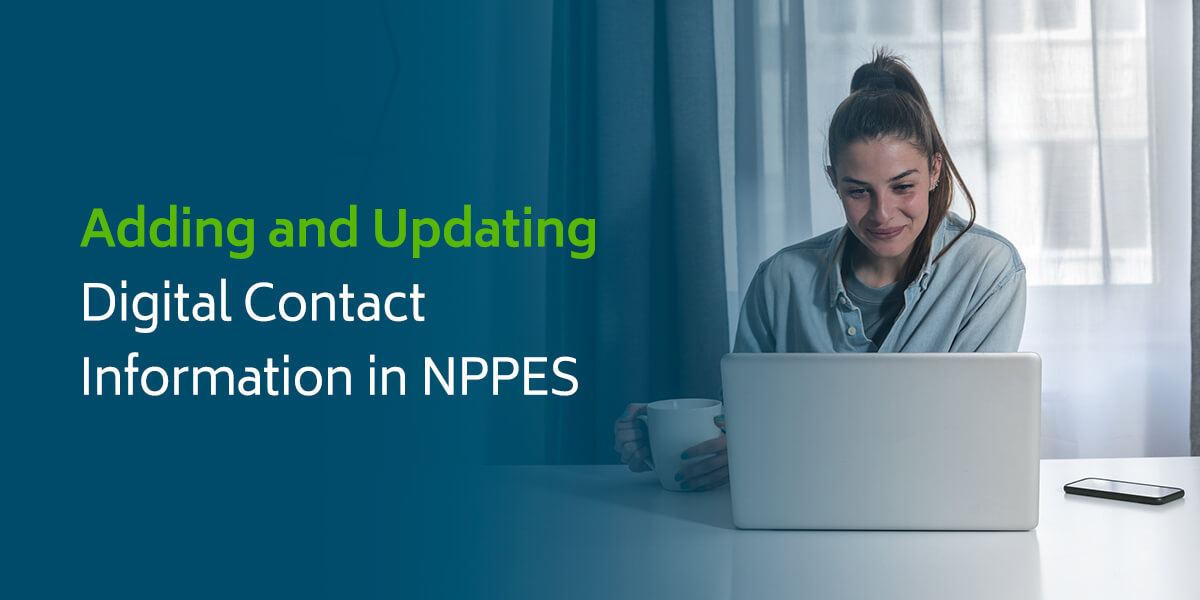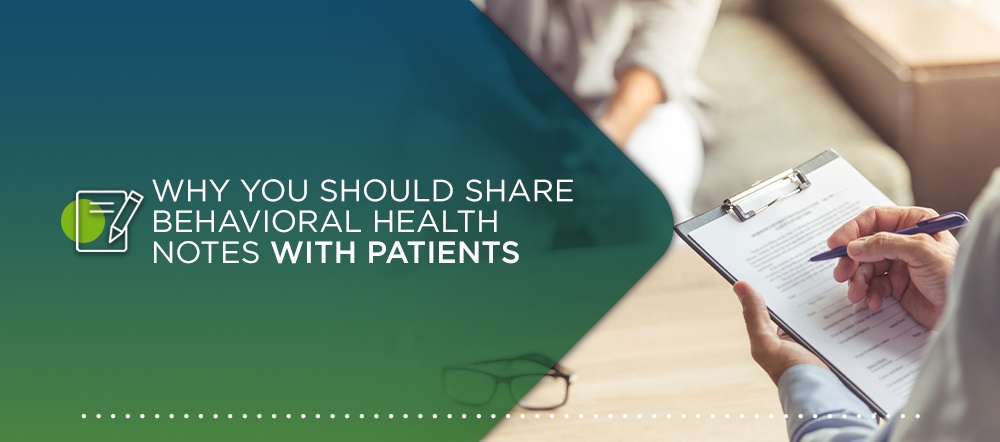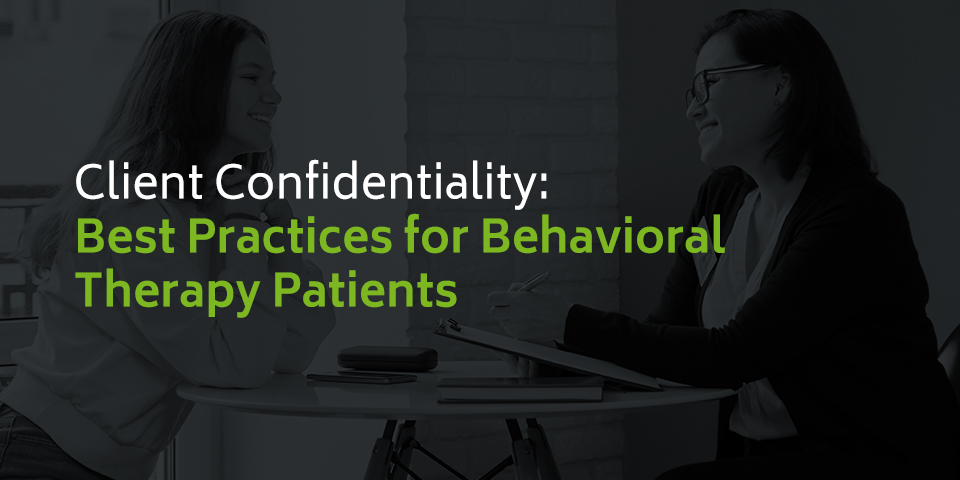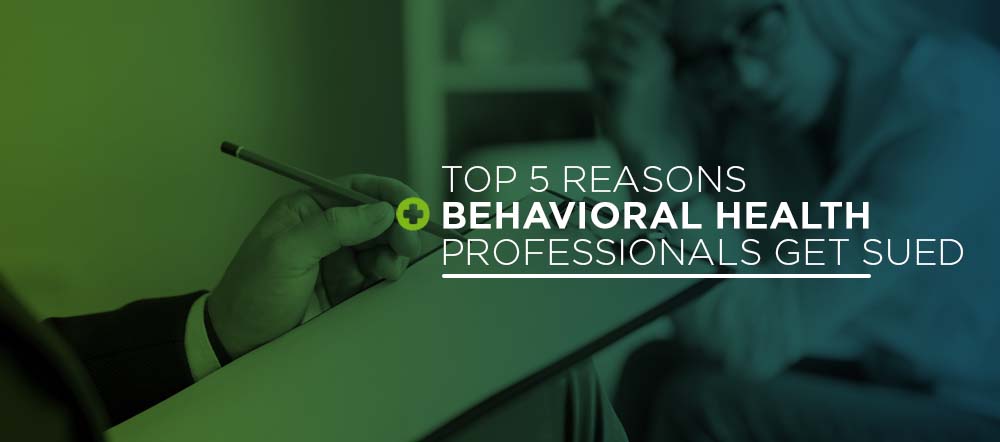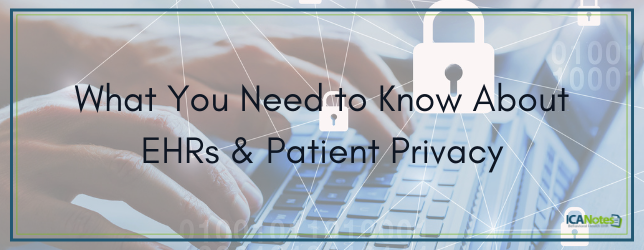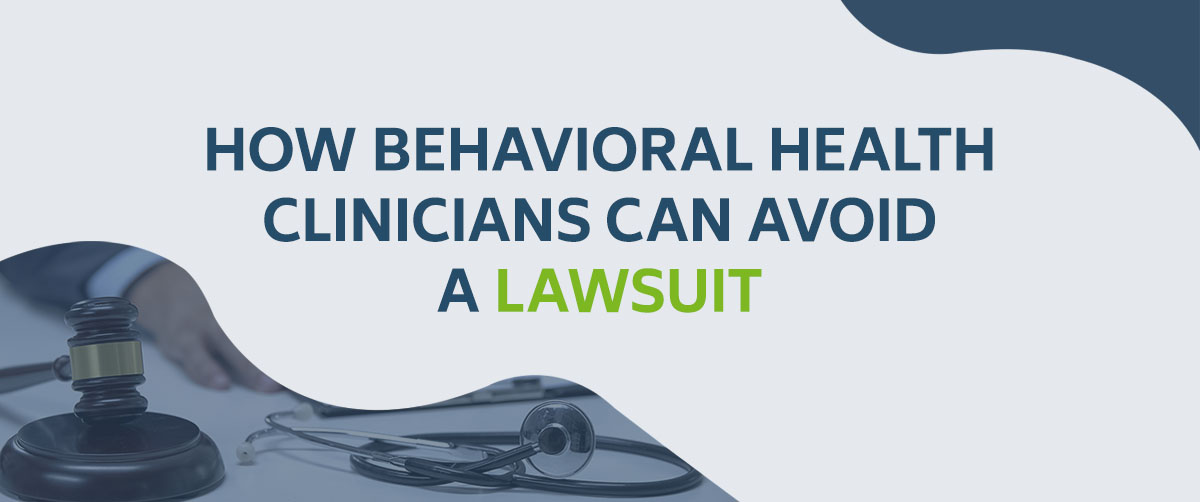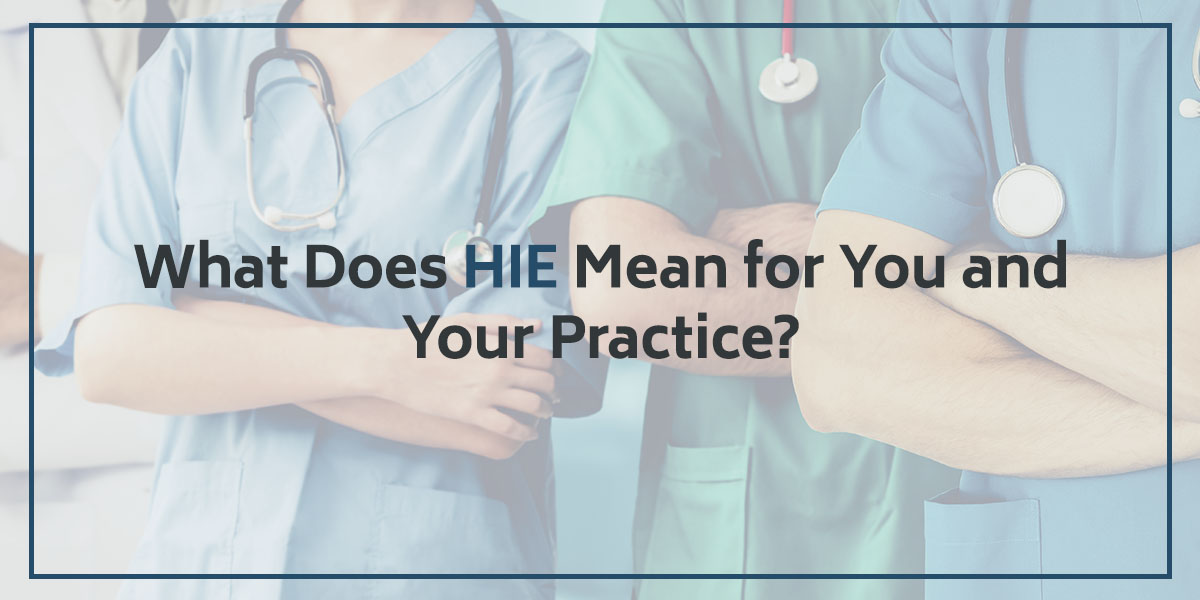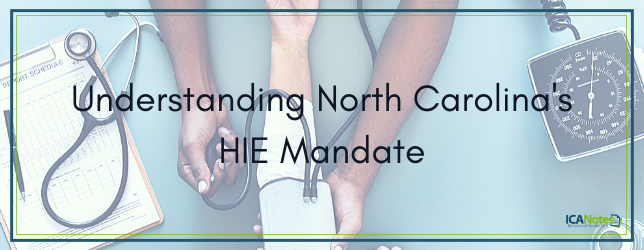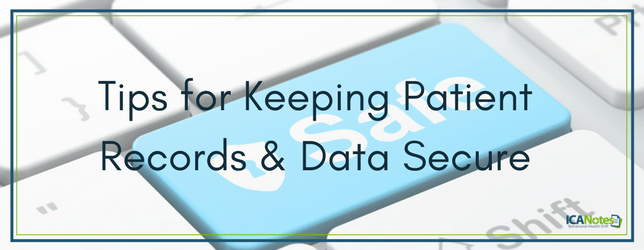Joint Commission
Accreditation and EHR Compliance
The Joint Commission, or JCAHO, is an independent, nonprofit organization that provides accreditation and certification to a wide variety of healthcare organizations and their programs. JCAHO operates in the United States and upholds a nationally recognized seal of approval for over 22,000 healthcare organizations around the country. This seal attests to the organizations' commitment to the highest quality of care and safety.
Start Free Trial
What Is the Role of the Joint Commission?
The Joint Commission is committed to improving the standards of healthcare operations, so the public receives a higher quality of treatment, care, value and expertise. They believe in leading the way to zero, which means zero harm, falls, complications of care, infections and lost revenue. Eliminating harm of any kind is their goal.
The Joint Commission reviews healthcare organizations in areas such as ambulatory health care, behavioral health care, laboratories, hospitals and even home care. Within specific categories, programs can earn Joint Commission certification. These programs include comprehensive cardiac care, disease-specific care, healthcare staffing services and palliative care.
Official Title: Joint Commission
Year Established: 1951
Also known as:
- Joint Commission on Accreditation of Healthcare Organizations (JCAHO)
- Joint Commission on Accreditation of Hospitals
- The Joint Commission
Joint Commission Compliance & Enforcement: Centers for Medicare and Medicaid Services
Why the Joint Commission Is Important for Behavioral and Mental Health
The Joint Commission is well-respected in the behavioral health sector and covers topics like chemical dependency, substance abuse and addictive behaviors such as gambling. JCAHO's Professional and Technical Advisory Committee, which helps determine standards, includes members from expert organizations such as the American Psychiatric Association, the National Association for the Mentally Ill and the National Council for Community Behavioral Healthcare. When it comes to informed, science-based standards that reflect a national consensus, the Commission has it covered.
Accreditation from The Joint Commission offers a "gold standard" for behavioral and mental health organizations. Patients can see that your organization abides by high principles and reaches the recommendations of the experts in the field.
While the accreditation alerts patients to the type of organization they are entrusting their health to, it also provides a learning opportunity for the practice. The accreditation process helps practices learn how to improve the health, safety and treatment of their patients. As they learn and change, the accreditation shows that they have adapted.
Another benefit of becoming accredited is the potential improvements to a practice from a business standpoint. With standards that support efficient business operations, from documentation to procedures and individual rights, a provider can better avoid litigation, financial loss or patient injury.
How Do Behavioral and Mental Health Providers Receive Joint Commission Accreditation?
A provider interested in becoming accredited by The Joint Commission must start by applying. The application consists of documentation about various aspects of the practice, including ownership, demographics and detailed descriptions and locations of the services or programs offered.
After completing the application, a provider receives an account representative who will help coordinate the process. They will also receive a copy of the Comprehensive Accreditation Manual for Behavioral Health Care, or CAMBHC. The initial survey gets scheduled within 12 months of JCAHO receiving the application. The provider will have at least four weeks' notice as to when the surveyors will be there. Surveyors are members of the behavioral health field and have hands-on knowledge of the environments they are reviewing.
If an organization is not in full compliance with a standard, they may receive a "Requirement for Improvement," for which they must rectify and report improvements within 45 or 60 days. Re-surveys occur unannounced every three years, with specific organizations receiving seven days' notice.
JCAHO produces the standards from the CAMBHC. This manual contains the resources for identifying requirements based on programs, populations, environments and more. CAMBHC has both individual- and organization-focused standards.
The individual-focused requirements include:
- Infection Prevention and Control
- Medication Management
- Provision of Care, Treatment and Services
- Rights and Responsibilities of the Individual
- Record of Care, Treatment and Services
- Waiver Testing
Organization-focused requirements include:
- Emergency Management
- Environment of Care, Treatment or Services
- Human Resources
- Information Management
- Leadership
- Performance Improvement
- Life Safety
Most Common Joint Commission Violations for Behavioral and Mental Health Providers
JCAHO releases their most commonly cited standards each year, and safety-related violations tend to rank at the top. Be sure that the overall environment of your facility is safe for patients and staff by maintaining a proper fire extinguisher system and managing any utility system risks.
For behavioral healthcare specifically, these are the requirements that JCAHO most commonly identified as "not compliant" in 2018.
- CTS.03.01.03: The organization has a plan for care, treatment or services that reflects the assessed needs, strengths, preferences and goals of the individual served.
- CTS.03.01.09: The organization assesses the outcomes of care, treatment or services provided to the individual served.
- NPSG.15.01.01: Identify individuals at risk for suicide.
- CTS.02.01.11: The organization screens all individuals served for their nutritional status.
- HRM.01.02.01: The organization verifies and evaluates staff qualifications.
To ensure that your practice receives and maintains compliance, you'll have to self-assess for adherence to the requirements.
You can address many of these common problems through efficient information management systems, such as your electronic health record (EHR). An EHR can help providers develop their care and treatment plans to reach the individual patient more directly. EHRs provide intuitive charting and documentation over time to better assess the outcomes of treatment paths.
Joint Commission Ethics Standards and EHR Compliance Factors
A critical component of JCAHO's accreditation program is the organization's ethical performance. JCAHO posits that these organizations have several obligations to the patient that include preserving their dignity, privacy and rights. Involving the patient in more parts of their treatment and showing empathetic, trustworthy and professional behavior is also essential.
An EHR can help or hurt a practice in meeting these standards. An EHR that is not secure or doesn't reach meaningful use criteria can harm the data and your patients. On the other hand, if an EHR benefits patients through advanced charting, security features and improved communication, it could help you better reach some JCAHO standards.
Frequently Asked Questions About the Joint Commission
Many organizations plan for six to nine months for evaluation and policy implementation before surveyors arrive.
The Joint Commission: Compliance and EHRs
Compliance with JCAHO can help an organization acquire and retain third-party patients and payments. The accreditation delivers a respected status and can help contribute to better professional partners and more patients.
Choosing the right EHR can help get you there. With intuitive charting, efficient and secure financial operations and a variety of features to improve the security and care of your patients, investing in a proper EHR can increase your chances of accreditation.
ICANotes for Better Compliance
For an EHR with the features needed for Joint Commission accreditation, providers turn to ICANotes. ICANotes can help your patients in several ways. Expansive digital charts, templates and patient information help providers fully understand their patients' diagnoses and treatment at all stages of care. Well-documented data improves communication across staff members and patients. You can also ensure you meet security requirements from both JCAHO and HIPAA with help from ICANotes' robust security features, including individual user authentication, access controls, audit trails and alarm and event reporting.
For more information on ICANotes or to request a free trial of our Joint Commission-compliant EHR system, please contact us today.
More Resources on Behavioral Health Compliance
Why Narrative Behavioral Health Progress Notes Matter
Why Narrative Behavioral Health Progress Notes Matter: How ICANotes Makes Charting Effortless…
Read MoreInformed Consent and AI in Healthcare: Ethical Considerations for Behavioral Health Providers
Informed Consent and AI in Healthcare: Ethical Considerations for Behavioral Health Providers…
Read MoreAdding and Updating Digital Contact Information in NPPES
Behavioral health providers are no strangers to collaboration and patient file exchanges.…
Read MoreWhy You Should Share Behavioral Health Notes With Patients
Sharing Behavioral Health Notes with Patients You might feel a little nervous…
Read MoreClient Confidentiality in Behavioral Therapy: Best Practices for Therapists
Client Confidentiality: Best Practices for Mental Health Therapists Client confidentiality is a…
Read MoreTop 5 Reasons Behavioral Health Professionals Get Sued
The role of a behavioral health professional comes with a significant amount…
Read MoreWhat You Need to Know About EHRs and Patient Privacy
The electronic health record, or EHR, is a type of software physicians…
Read MoreHow Behavioral Health Clinicians Can Avoid a Lawsuit
Most clinicians enter the behavioral health field because they are driven to…
Read MoreWhat Does HIE Mean for You and Your Practice?
Although the majority of patient information is still stored in paper files…
Read MoreUnderstanding North Carolina’s HIE Mandate
Despite inconsistencies in federal and state funding, many electronic health information exchanges…
Read MoreTips for Keeping Patient Records Secure
The vital importance of HIPAA compliance, coupled with the risks inherent in…
Read MoreWhy Medical Data Needs to be Protected
One of the most pressing issues of our time is that of…
Read MoreEnforcing the Law and Caring for Mental Health
Saturday morning cartoons make everything seem so simple, don’t they? Think of…
Read MoreIntuitive, Accessible, Time-Saving
ICANotes - the only EHR software that actually thinks like a clinician.



